Nicolás CASARIEGO
Nicolás Casariego (Madrid, 1970) is a writer and screenwriter. A versatile author, he has cultivated the genres of novels, short stories, journalistic chronicles, essays, and children's stories, and has collaborated with the press on articles and travel reports. He has been a writer-in-residence at Ledig House, New York, where he was invited by the art centre, Art Omi.
He made his debut as a novelist with Dime cinco cosas que quieres que te haga, (Espasa, 1998), a generational thriller starring young people and set in military service. He was a finalist for the Premio Nadal with his science fiction novel Cazadores de luz, (Destino, 2005), a dystopia that takes place in a future world where image is everything, and as co-author of the screenplay for La sociedad de la nieve (Netflix, directed by J.A. Bayona, 2023) he has been nominated for awards such as the Goya or the Alma Screenwriters Guild, and won the Medal of the Circle of Film Writers. The film, one of the most watched in history on the Netflix platform, has won 12 Goya awards, and has been nominated for the Oscars, the Golden Globes, the Critics’ Choice Awards and the BAFTAs, as well as winning audience awards at Interntional Festi-vals such as San Sebastian or Miami.
His latest book is Rayografía, (Debate, 2023). Somewhere between a social chronicle, a diary, and a travel book, Casariego follows Rayo Vallecano, a football club in a unique, working-class neighbourhood of Madrid, for one season. With a lot of humour and through hundreds of characters, he analyses current football from numerous perspectives – from neuroscience applied to emotions, to the financial analysis of the club – and makes a sociological portrait of Spain.
In Antón Mallick quiere ser feliz, (Destino, 2010) he humorously narrated the mis-adventures of his protagonist, a descendant of Hungarians obsessed with achieving happiness. Carahueca, (Temas de Hoy, 2011), a psychological thriller about a fairy-tale monster that becomes real, was the novelization of the screenplay Casariego co-wrote with Jaime Marques for the film Intruders (2011), directed by Juan Carlos Fresnadillo and starring Clive Owen.
In his essay Héroes y antihéroes en la literatura (Anaya, 2000), he brought the classics closer to young readers and curious minds so that they would dare to read them without prejudice. The book consists of a walk with two heroes (Héctor and El Cid) and two antiheroes (Henry Fleming and Bartleby).
Casriego has also published two volumes of short stories, La noche de las doscientas estrellas, (Lengua de trapo, 1998) and Lo siento, la suma de colores da negro (Destino, 2007), as well as a series of children's books for first-time readers, starring a five-year-old boy, Marquitos, who transforms into the character he imagines, illustrated by Javier Andrada (SM, 2009-).
He has taught writing and screenwriting workshops and has been a guest author at literary festivals in London, New York, Melbourne, Dublin, and Toronto, among others.
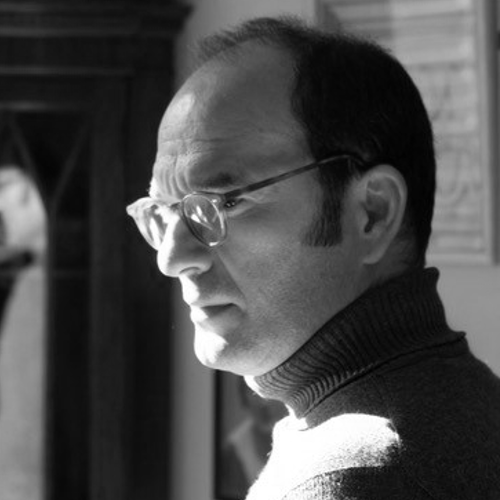
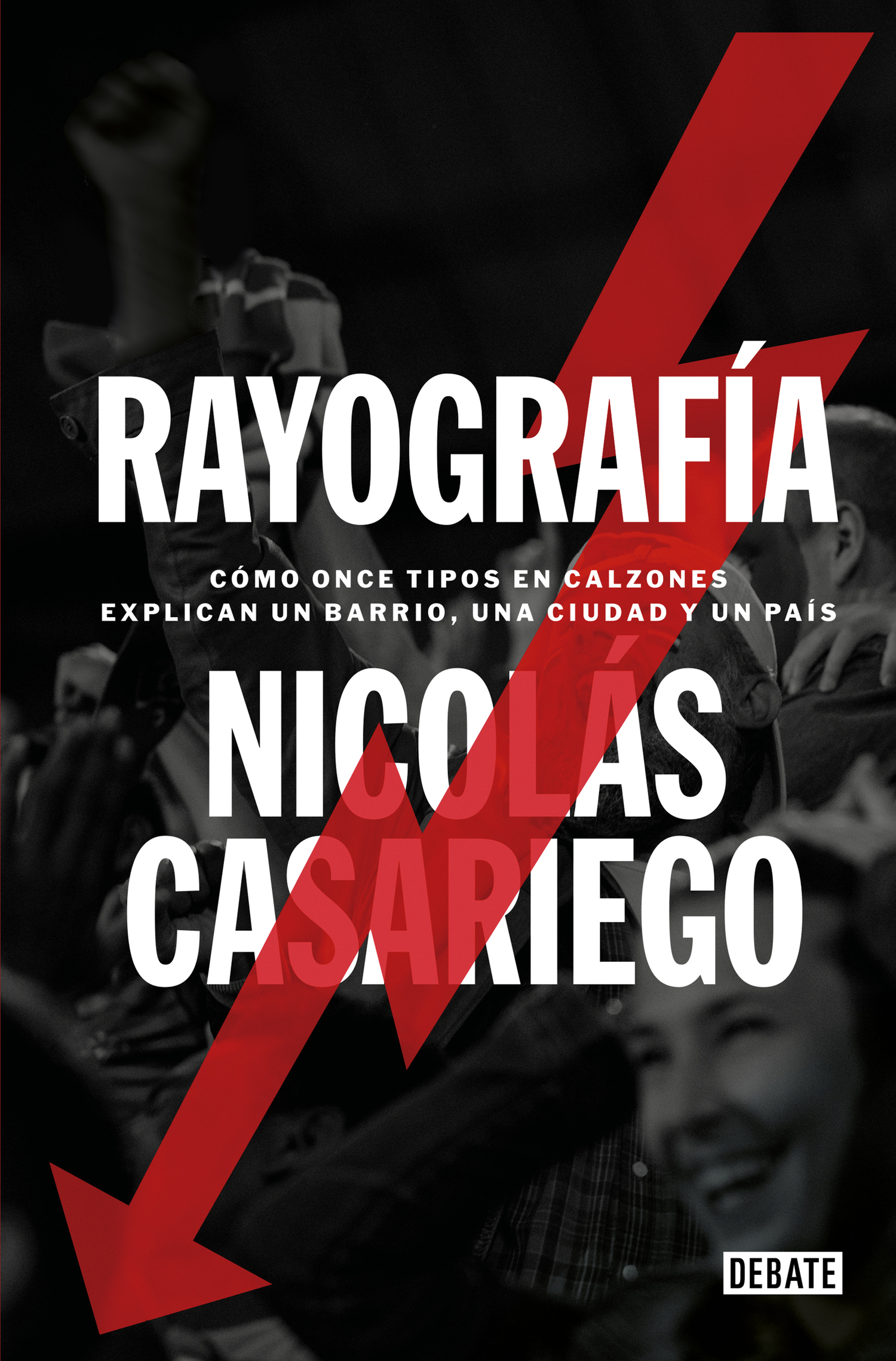
Rayography: How Eleven Guys in Shorts Explain a Neighbourhood, a City, a Country | Debate/PRH, 2023
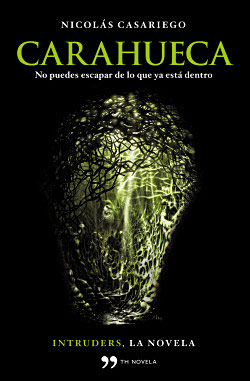
Hollowface | Tema de Hoy, 2011
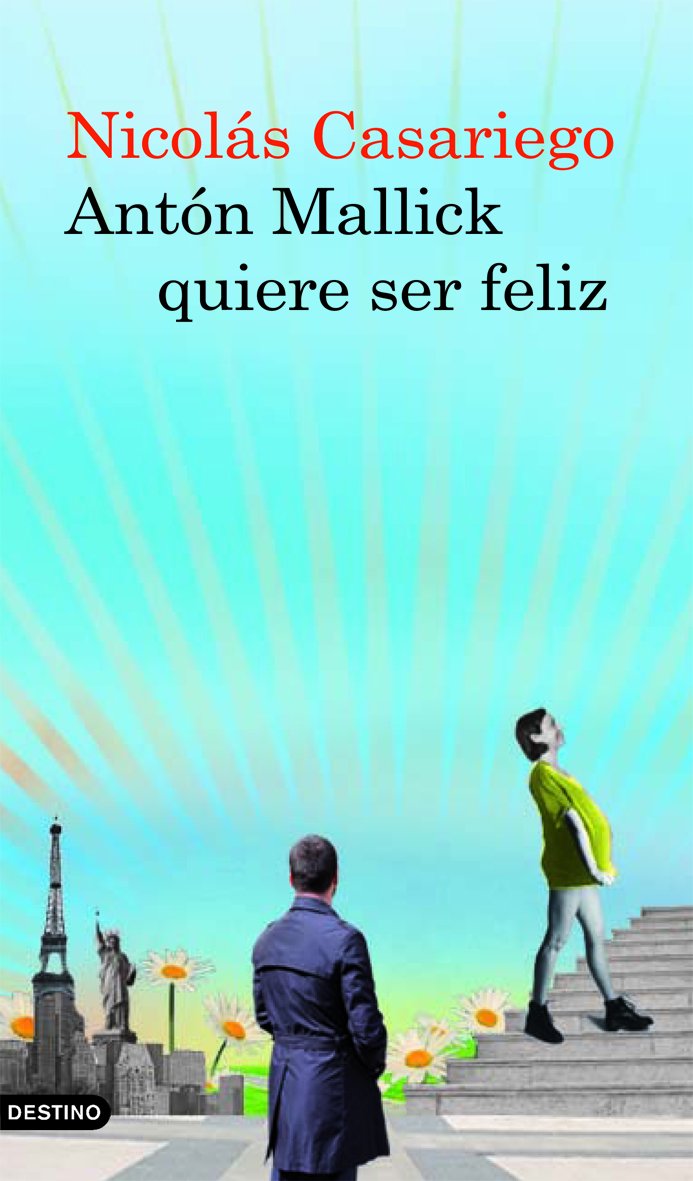
Anton Mallick Wants to Be Happy | Destino, 2010
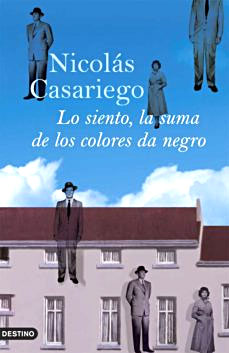
I’m Sorry, All Colours Together Make Black | Destino, 2007
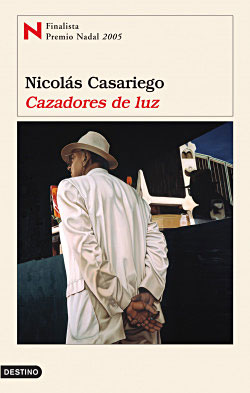
Hunters of Light | Destino, 2005
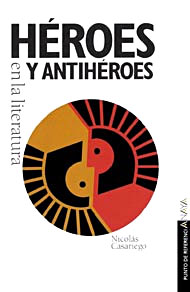
Heroes and Antiheroes in Literature | Anaya, 2000
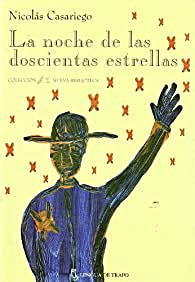
The Night of Two Hundred Stars | Lengua de Trapo, 1999
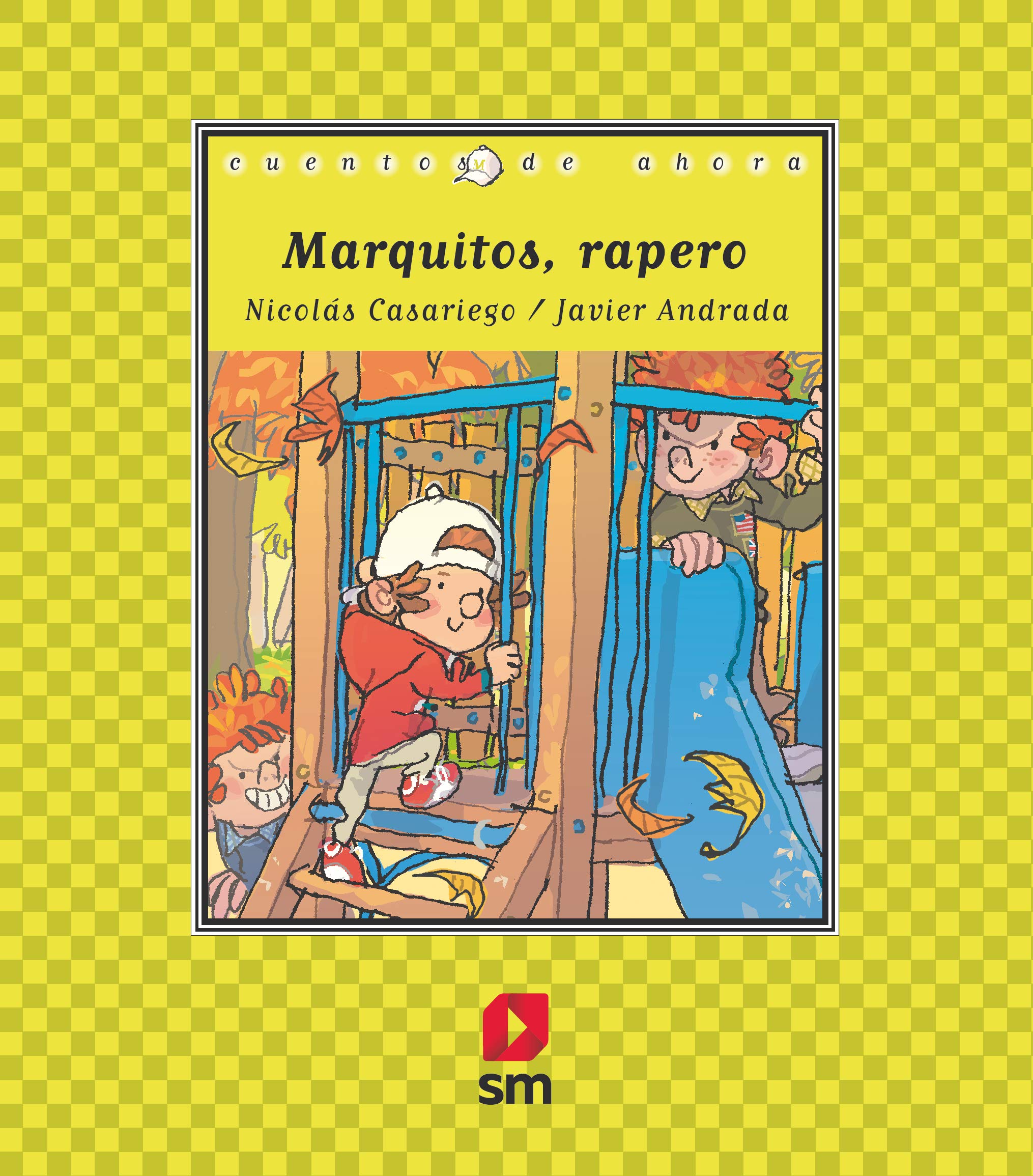
Marquitos Raper | SM, 2020
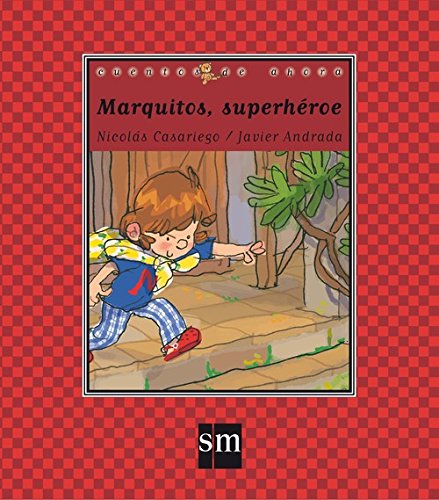
Marquitos, Superhero | Ediciones SM, 2018
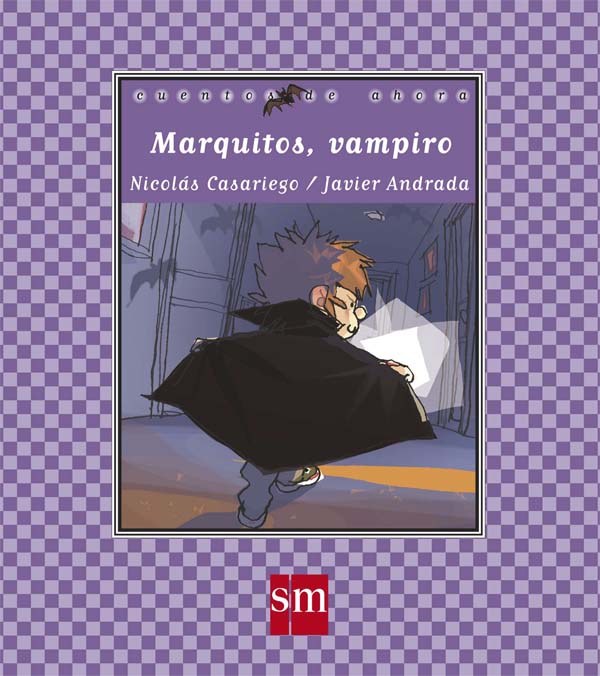
Marquitos Vampire | Ediciones SM, 2014

Marquitos Thief | Ediciones SM, 2012
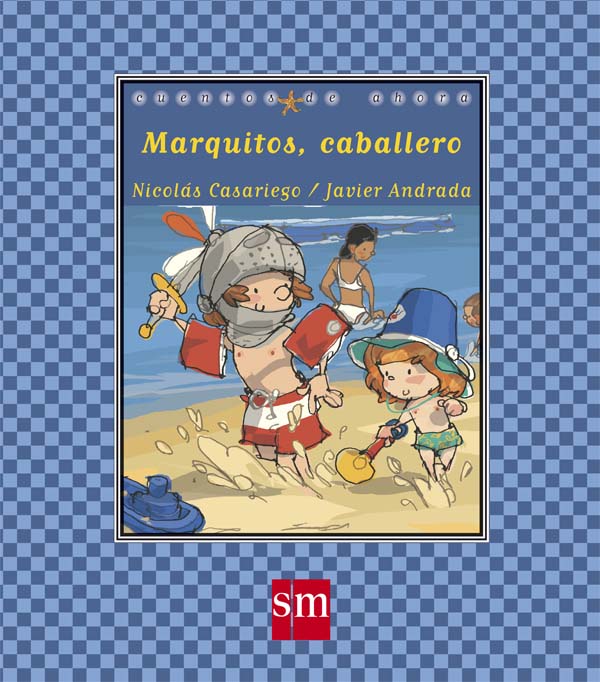
Marquitos Knight | Ediciones SM, 2009
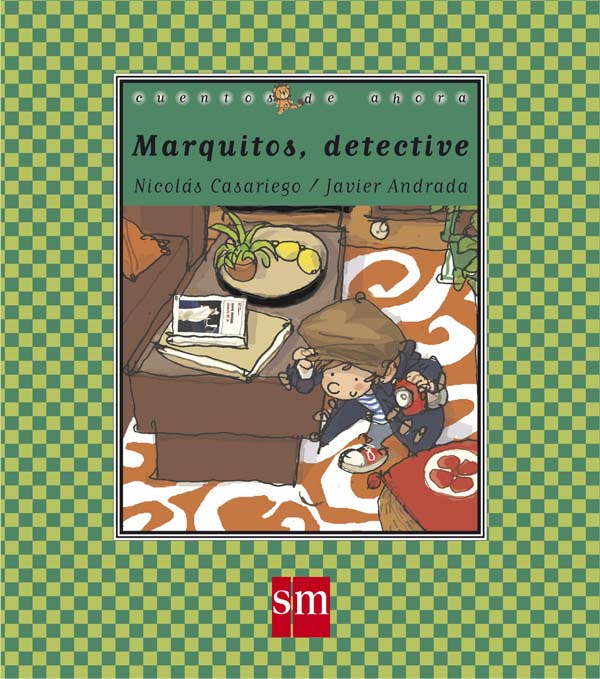
Detective Marquitos | SM, 2007
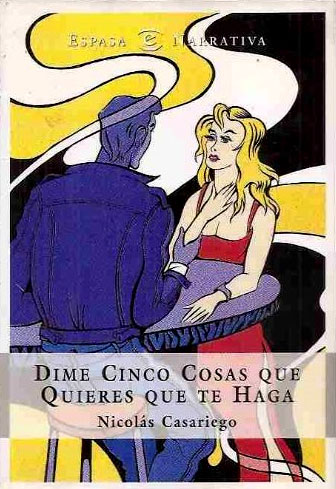
Tell Me Five Things You Want Me To Do To You | Espasa Calpe, 1998

